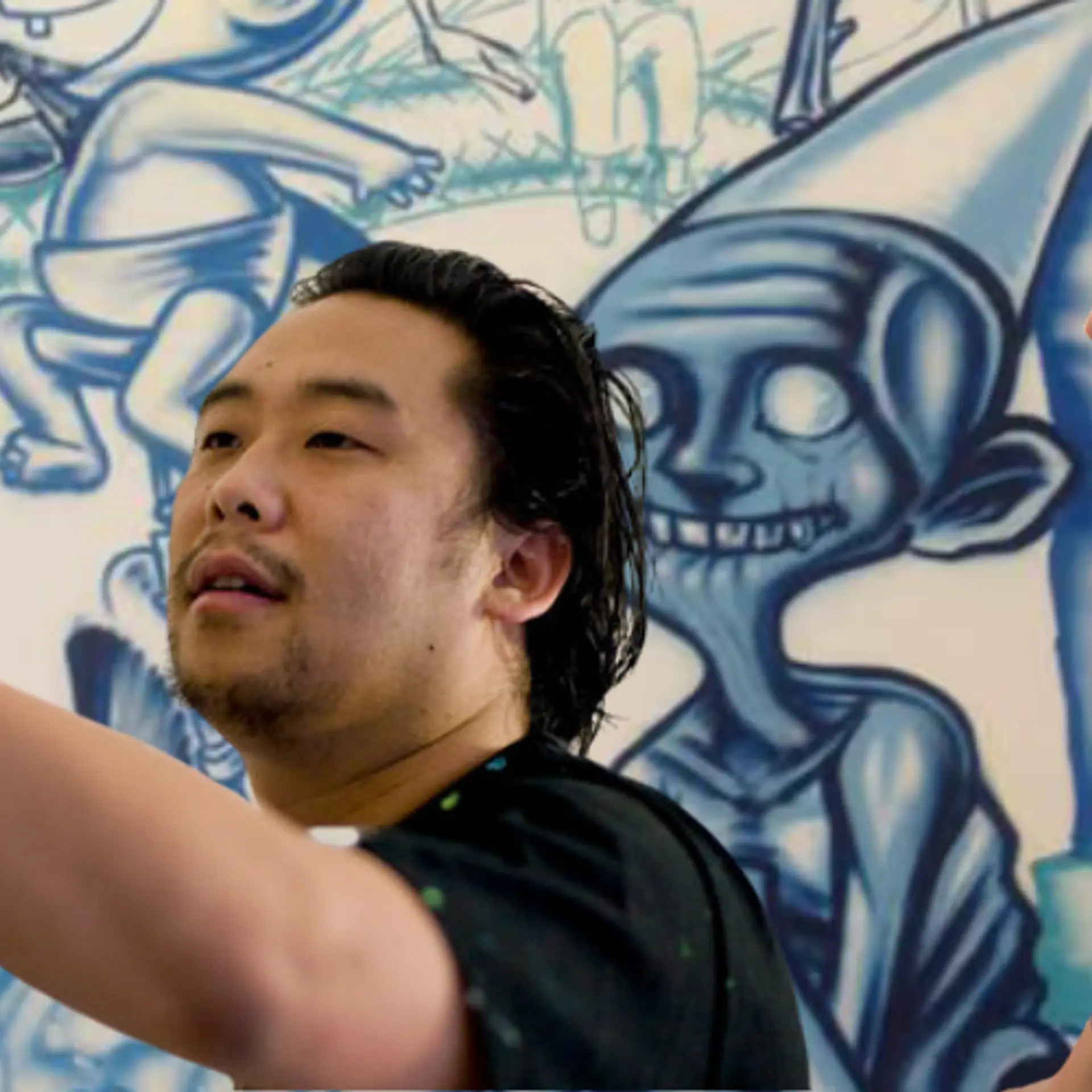Mission Rs 100 Cr in 100 days: Habba.org is bridging the empathy gap between customers and artisans by promoting craftmanship
Social Alpha-backed Habba brings together artisans and customers by introducing concepts of honest pricing, heart-over-hand certification, and a bioscope.
‘Aatmanirbhar Bharat’ — this phrase has been resonating in the country since the beginning of the pandemic. COVID-19 affected the movement of goods across borders, and this further pushed for the calls to make India self-reliant.
At the core of the Aatmanirbhar Bharat movement are the Indian artisans and their craftsmanship. And promoting just that is Habba.org, an initiative by former-crowdfunding turned micro-lending platform .
“The inspiration for Habba came from our interventions to provide working capital to artisans and weavers via Rang De. We realised that despite getting access to working capital and markets, artisans ended up getting a raw deal from the market. Their incomes have not increased and they continue to live in abject poverty,” Founder Ramakrishna NK tells YourStory.
Habba, which means ‘festival’ in Kannada, was started as a project of Rang De. Soon, the idea won several awards — including the Tech30 Company Award in 2015, and Facebook India Innovation Challenge Award in the same year. Since then, Ram and his wife Smita Ramakrishna have been deeply invested in technology to get the initiative off the ground.
More recently, Habba’s bioscope won India’s Best Design Project Award. It is backed by Tata Trusts initiative, Social Alpha.
With its latest initiative, ‘Handmade in India’, Habba plans to create a demand of Rs 100 crore for artisans and weavers in 100 days.

A partner-artisan with Habba | Image Source: Habba
Story so far
According to India Brand Equity, the handicrafts sector is considered to be one of the largest employment generators, and account for a significant share in the country’s export. However, the industry is highly fragmented and comprises more than seven million regional artisans and over 67,000 exporters or export houses.
And yet, handicraft artisans and handloom weavers often struggle to reach the right market. While some platforms and players help these artisans target the right audience, more often than not, artisans end up being paid unfairly. “They often get less than the government prescribed minimum wages for unskilled labour,” Ram says.
On the other hand, customers are often unaware of the authenticity of handmade products. “Power loom fabric with hand block prints are sold at handloom prices to unsuspecting customers,” Ram explains.
Habba addresses this two-fold problem by building a marketplace for Indian artisans. It bridges the gap between customers looking to buy genuine handmade goods, and artisans not being able to thrive for lack of better reach. “Habba is designed to enhance the income of artisans and create a large-scale economic impact. We bridge the gap between customers and artisans using technology and human-centred design,” Ram says.
Ram and Smita started working on Habba’s prototype in May 2015. It was publicly launched in August 2016.
The initiative bridges the ‘empathy gap’ between customers and artisans by introducing three concepts — honest pricing, hand-over-heart certification, and the Habba bioscope. For this, it has partnered with almost 25 artisan community partners.
Some of its community partners include the Charaka community of Karnataka who focus on handlooms, Darbar Sahitya Sansad of Odisha focusing on Dokra, Biponi of Jharkhand working on grass mats, Atul Johri Designs from Channapatna , and Chitrika of Andhra Pradesh concentrating on handlooms, among others.

Founders of Habba.org (Rang De): Ramakrishna NK and Smita Ramakrishna
Handmade in India
In the last couple of months, the pandemic has spelt doom for artisans and weavers. IBEF suggests that handicraft export from India went down by 3.35 percent year-on-year during FY2019-2020, and the industry now stands at $3.35 billion. “Thousands of artisans and weavers across the country have not earned a rupee since the lockdown, their livelihoods are at a stake and their families distressed,” Ram says.
Thus, Habba is working on its latest initiative ‘Handmade in India’ to create a demand of Rs 100 crore for artisans and weavers in 100 days. “Our plan is to revive demand for handmade products by engaging and partnering with corporates and other stakeholders,” he says.
Now that most enterprises and MNCs have extended remote working, companies and startups have unspent their employee engagement and gifting budgets. Habba is planning to tap into that to create employment opportunities for rural artisans.
Corporates can participate in this initiative by pledging an amount from their employment engagement or gifting budgets and convert them into Handmade in India vouchers, which can then be passed on to their employees or customers.

An artisan-partner with Habba | Image: Habba
Transparent policies
Habba works like any other marketplace, except that it’s completely dedicated to selling handicrafts made by Indian artisans. It launched its first e-store in November 2017.
What stands out for Habba is that its ecommerce platform guarantees transparency to customers by following an honest pricing policy. “Habba’s customers can see exactly what percentage of the price paid reaches the artisan,” Ram explains.
When a user likes a product, they have to select it to get the price break-up.
Supposedly, a shirt is priced at Rs 880, Habba will provide the break-up of the entire amount it charges — including details of raw materials plus the cost, impact partner cost (training, designing and admin cost), fulfilment costs (packaging, payment gateway and inventory), charges for using the Habba platform (marketplace, photography and support), and taxes. The break-up would add up to Rs 880, where the artisan receives Rs 395 as their income.
Additionally, Habba also shares the time taken by an artisan to produce a particular product.
Every Habba product is at least 60 percent handmade. “All our products carry a label or ‘hand over heart certification’ that shows the exact percentage of the product that is handmade,” Ram adds.

Every Habba product is at least 60 percent handmade | Image: Habba
Automated bioscope
At Habba, the team believes that offering support to artisans doesn’t just end with buying their products. To build empathy, one needs to know their stories.
For this, Habba has built an Internet of Things (IoT) based bioscope for its users. The custom-built bioscope is used to screen short films on the lives of the artisans associated with the cause. It also comes with automated sample boxes to allow potential customers to ‘touch and feel’.

The Habba bioscope | Image Source: Habba
The company has filed a patent application for its bioscope. These installations are usually designed for corporate spaces. The first-of-its-kind bioscope was installed in the Infosys office in Bengaluru’s Electronic City.
At present, Habba contributes to 25 percent of the artisan income share. In the next two-to-three years, it plans to contribute to more than 40 percent of the artisan income share. The ecommerce platform for artisans has over 2,000 retail customers.
It has three paying corporate customers, including Infosys. “We have more in the pipeline,” Ram reveals.
If you are a corporate or startup interested in joining Habba’s mission of creating a demand of Rs 100 crore for artisans and weavers within 100 years, click here.
Edited by Kanishk Singh









